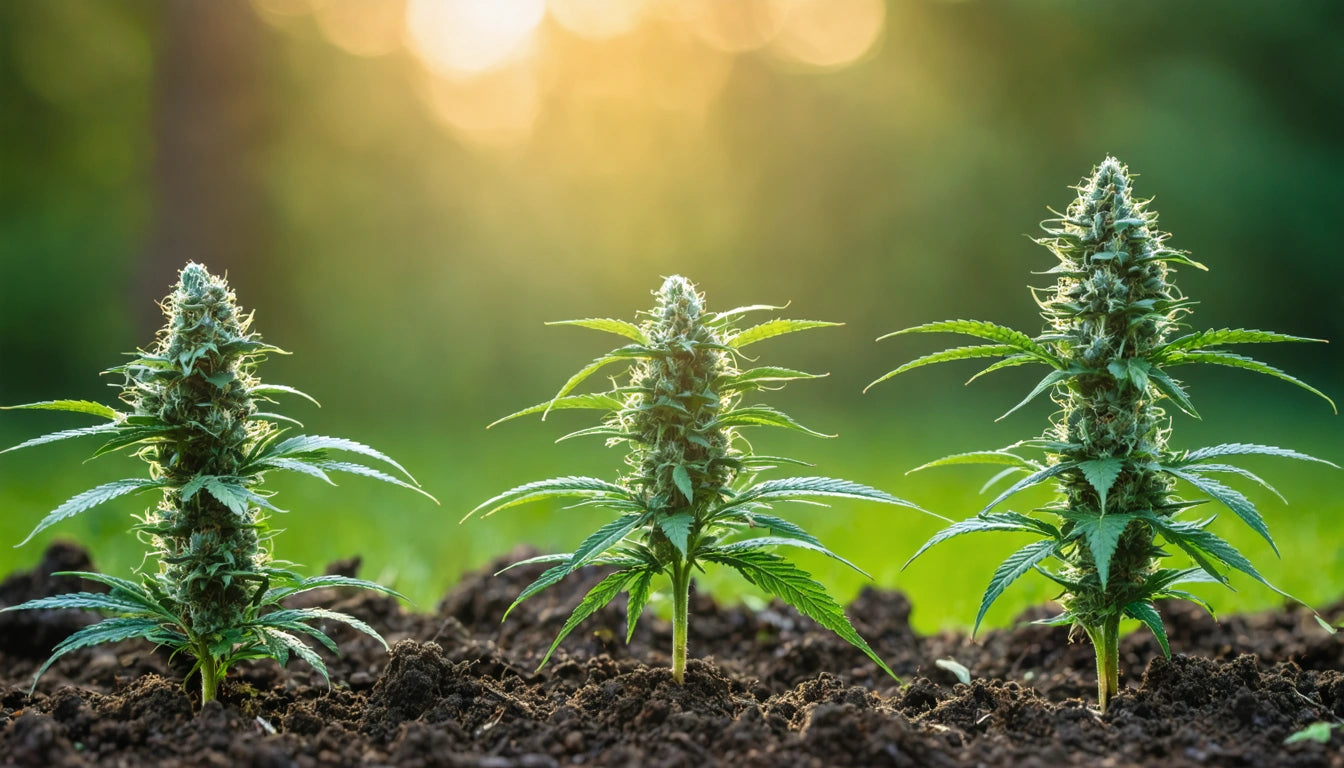Table of Contents
- Current Recreational Marijuana Landscape
- Northeastern States Legalization
- Western States: Pioneers in Cannabis Legalization
- Midwestern and Southern Legalization Progress
- Medical-Only States: The Next Frontier
- Business Implications of State Legalization
- Future Legalization Outlook and Emerging Markets
States Where Recreational Marijuana Is Legal in the U.S.
The landscape of recreational marijuana legalization in the United States continues to evolve rapidly. As of 2023, a significant number of states have legalized cannabis for adult recreational use, creating a patchwork of regulations across the country. Understanding what states have legalized marijuana is crucial for consumers, businesses, and policymakers navigating this dynamic industry.
Current Recreational Marijuana Landscape
Currently, 24 states plus Washington D.C. and several territories have legalized recreational marijuana for adult use. This represents a dramatic shift from just a decade ago when no states permitted recreational cannabis. Colorado and Washington made history in 2012 as the first states to legalize recreational marijuana through ballot initiatives, setting the stage for the wave of legalization that followed.
The complete list of states where recreational marijuana is legal includes:
- Alaska
- Arizona
- California
- Colorado
- Connecticut
- Delaware
- Illinois
- Maine
- Maryland
- Massachusetts
- Michigan
- Minnesota
- Missouri
- Montana
- Nevada
- New Jersey
- New Mexico
- New York
- Ohio
- Oregon
- Rhode Island
- Vermont
- Virginia
- Washington
Each of these states has implemented its own regulatory framework, creating diverse approaches to taxation, possession limits, home cultivation rights, and retail licensing. For a comprehensive breakdown of the legal status across all states, refer to our guide on where marijuana is legal and illegal.
Northeastern States Legalization
The Northeast has emerged as a significant region for recreational cannabis legalization, with Massachusetts leading the charge in 2016. More recently, New York, New Jersey, Connecticut, and Rhode Island have joined the ranks of states where recreational marijuana is legal.
New York's legalization in 2021 was particularly noteworthy given the state's population and economic significance. The Empire State's rollout has focused on social equity provisions and expungement of prior cannabis convictions. Similarly, New Jersey's market launch created a domino effect that influenced neighboring states to reconsider their stance on prohibition.
Western States: Pioneers in Cannabis Legalization
Western states have historically led the recreational marijuana movement. California, the first state to legalize medical marijuana in 1996, expanded to recreational use in 2016, creating the largest legal cannabis market in the United States. Oregon, Nevada, and Alaska have also established mature recreational markets with sophisticated regulatory frameworks.
Colorado's pioneering approach has served as a model for many states considering what states have legalized recreational marijuana. Their system has demonstrated both the economic benefits and regulatory challenges of creating a legal cannabis industry from scratch. For more details on the western states' approaches, visit our comprehensive guide on where weed is legal.
Midwestern and Southern Legalization Progress
The Midwest has seen significant movement toward legalization, with Michigan, Illinois, and most recently Minnesota and Missouri approving recreational use. Illinois made history as the first state to legalize recreational marijuana through legislative action rather than a ballot initiative.
The South has been slower to embrace legalization, though Virginia became the first southern state to legalize recreational marijuana in 2021. However, the retail market implementation has faced delays due to legislative challenges. For businesses looking to expand into these emerging markets, efficient production equipment for cannabis products has become essential to meet growing demand while maintaining compliance with varying state regulations.
Medical-Only States: The Next Frontier
Several states maintain medical marijuana programs while prohibiting recreational use. These include Florida, Pennsylvania, Ohio (until its recent shift to recreational), Arkansas, and Oklahoma, among others. Many industry observers view these medical-only states as the next potential markets for full legalization.
Florida, in particular, has one of the largest medical marijuana markets in the country and has seen multiple attempts to place recreational legalization on the ballot. Understanding the transition from medical to recreational status is crucial for businesses preparing for potential market expansion, as detailed in our analysis of upcoming recreational markets.
Business Implications of State Legalization
For cannabis businesses, the varying legal status across states creates both challenges and opportunities. Multi-state operators must navigate different regulatory frameworks, while new entrepreneurs can find entry points in recently legalized markets with fewer established competitors.
Key business considerations include:
- Licensing requirements that vary significantly between states
- Taxation structures that impact pricing and profit margins
- Banking and financial service limitations due to federal prohibition
- Interstate commerce restrictions preventing product movement across state lines
- Packaging and labeling requirements that differ by jurisdiction
These variations create a complex operating environment for cannabis businesses seeking to scale across multiple states where marijuana is legal. For a deeper understanding of these regulatory differences, see our comprehensive guide to legal and illegal states.
Future Legalization Outlook and Emerging Markets
The momentum toward nationwide legalization continues to build, with several states positioned for potential recreational legalization in the coming years. Pennsylvania, Florida, and North Carolina frequently appear in discussions about the next states to legalize recreational marijuana.
Federal reform efforts also continue, with various bills introduced in Congress to deschedule cannabis, provide banking access, or implement comprehensive legalization. While the timeline for federal action remains uncertain, the growing number of states where recreational marijuana is legal creates increasing pressure for national policy changes.
As new markets emerge, early entrants often gain significant advantages. Businesses preparing for expansion into potentially legalizing states should monitor legislative developments closely while establishing supply chains and operational infrastructure that can quickly adapt to new opportunities.
The continued evolution of state legalization reflects changing public attitudes and growing recognition of cannabis's economic and medicinal potential. As more states join the ranks of those where recreational marijuana is legal, the industry will likely see further normalization, innovation, and integration into mainstream commerce and healthcare.











Leave a comment
All comments are moderated before being published.
This site is protected by hCaptcha and the hCaptcha Privacy Policy and Terms of Service apply.